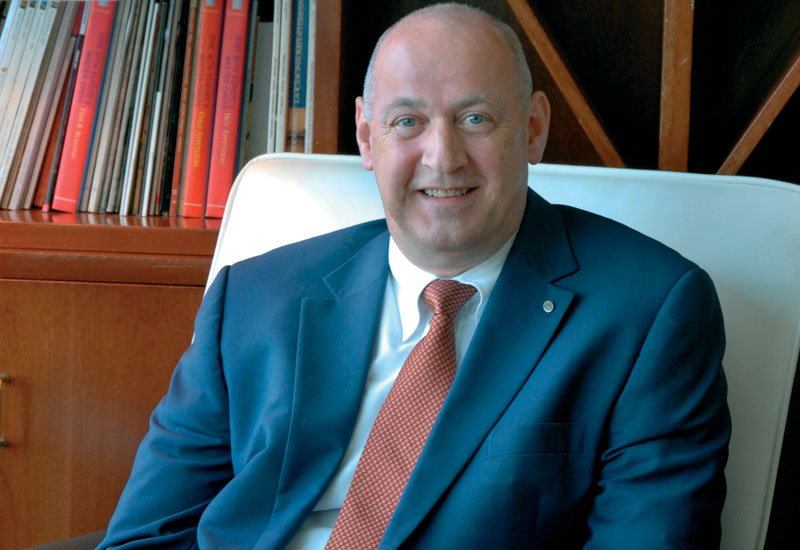“The back end structure of the hotel is not taken into consideration, as long as the expected standard of service is provided,” she said.
The emphasis on the end-user was a favoured option among the professionals Hotelier spoke with, but there was no agreement on how this should be achieved.
“I don’t know if we will ever get it right 100% but I think it has to continue to evolve with time and we have to make sure that there are practical reasons behind the rating. It shouldn’t be subjective. There should be a reason behind every point,” said Hajjar.
And finally, there are two end-users to consider, as Ròya International CEO Ahmed Ramdan pointed out.
“The consumer may not understand all the terminology, but the agents, the bookers, care very much. They categorise it and care about the star rating. They always tag the price based on rating,” said Ramdan
In conclusion, there was a reluctant acceptance that no system will ever be perfect, but that all systems need to be regularly reviewed.
Herzog said: “I think every rating system has things you can be against or not agree with, there’s always a few cliffs you have to steer around, what’s more important is they conflict from one country to the other and therefore also conflict with what I am trying to promise as a brand”.
One day then, will hotel brands be so strong that they will overtake the need for star ratings? Herzog would not be drawn on this, saying he couldn’t comment on “whether it’s going to continue or not”.
For the foreseeable future, star ratings will be here to stay, so it is how often they are updated and how they are communicated to the end-user that is important.

Advertisement
DUBAI CLASSIFICATIONS UPDATE
The new hotel classification system in Dubai, established by Dubai Tourism and Commerce Marketing (DTCM) has been in draft format for two years now. As a result of the rapid growth of the industry the new system is needed to meet this and there are certain anomalies the experts would like addressed. Layia Hospitality CEO Daniel Hajjar, for example, questioned the need for a five-star hotel to have a ballroom. In the four-star category, he said under the current system it was necessary to have two restaurants that served breakfast as well as a barber shop – what was the rationale behind this? TRI’s John Podaras, meanwhile, suggested that a hotel shouldn’t be penalised for not having a certain quota of bathtubs, for example, as long as it made up for this in other ways.
DTCM director of hotel classifications Majid Al Marri said a new system for Dubai was to be released by the end of the year, hopefully in October, and that DTCM was in the process of updating the IT system to enable the inspection reports.
He said it would be a “world-first”, and hinted that it would include categories for types of hotels, such as “mountain hotel”, “desert hotel”, etc.
Al Marri said that the new classifications could be expected to follow a points system, similar to the one that has been adopted in Abu Dhabi.
He also said that the classification for hotel apartments would be expanded, with a Basic category to be added to the current Standard and Deluxe options.
Al Marri wanted to reassure hoteliers that they would be given time to implement the new criteria once it had been announced.
“We will look into issues and see if there is a way of helping them,” he said.
KEY ISSUES
- Systems must recognise both hotel hardware (facilities) and the software (staff and service).
- Hotel classification systems differ greatly worldwide; each one is only understandable in the country in which it was established.
- Current systems cause confusion for owners, operators, developers and guests alike.
- Classifications should take into account the type of hotel, whether business or leisure.
- Confusion at the two- and three-star level because new properties are offering far better facilities and services than existing, often unbranded properties.
- Operators demand more flexibility within systems.
- Major hotel brands are more consistent worldwide than star ratings.
- Star ratings are here to stay; even if guests have grown accustomed to new terminology, bookers still rely on star rating categories.
Jean-Paul Herzog, Daniel Hajjar and John Podaras will be speaking on ‘the sense or non sense of star ratings’ at The Hotel Show Seven Star Conference, 3pm-5pm on May 18.









 Search our database of more than 2,700 industry companies
Search our database of more than 2,700 industry companies









